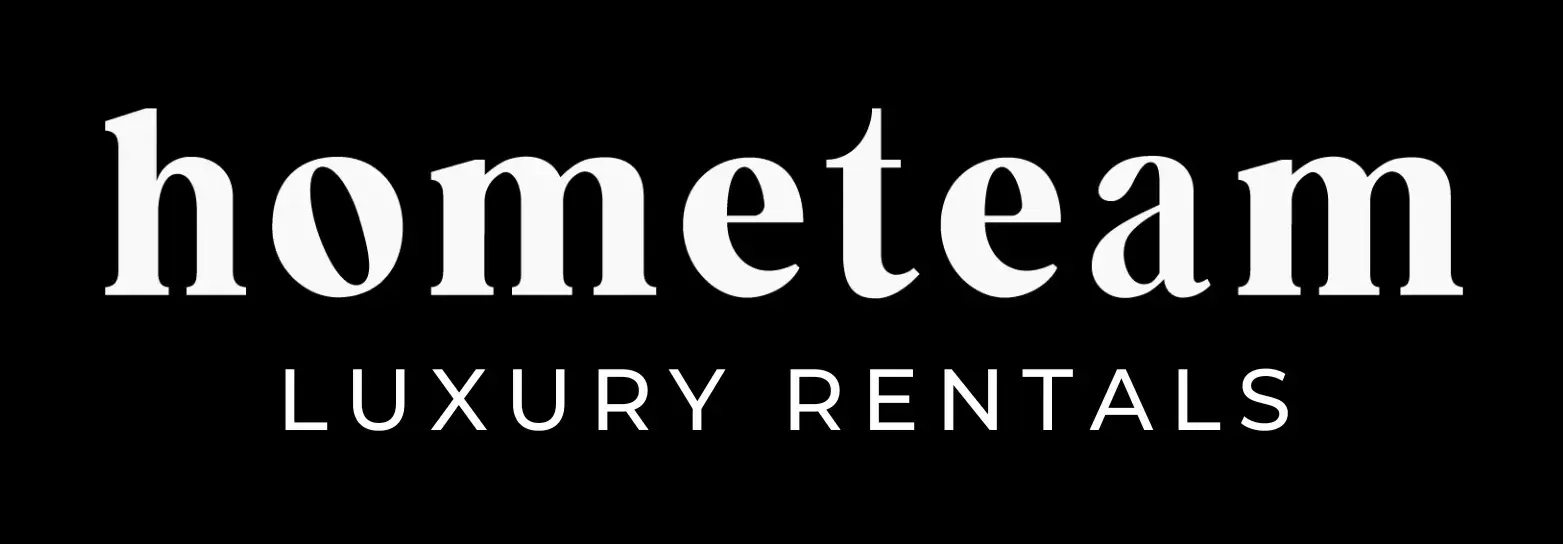New Hampshire Short Term Rental Regulations
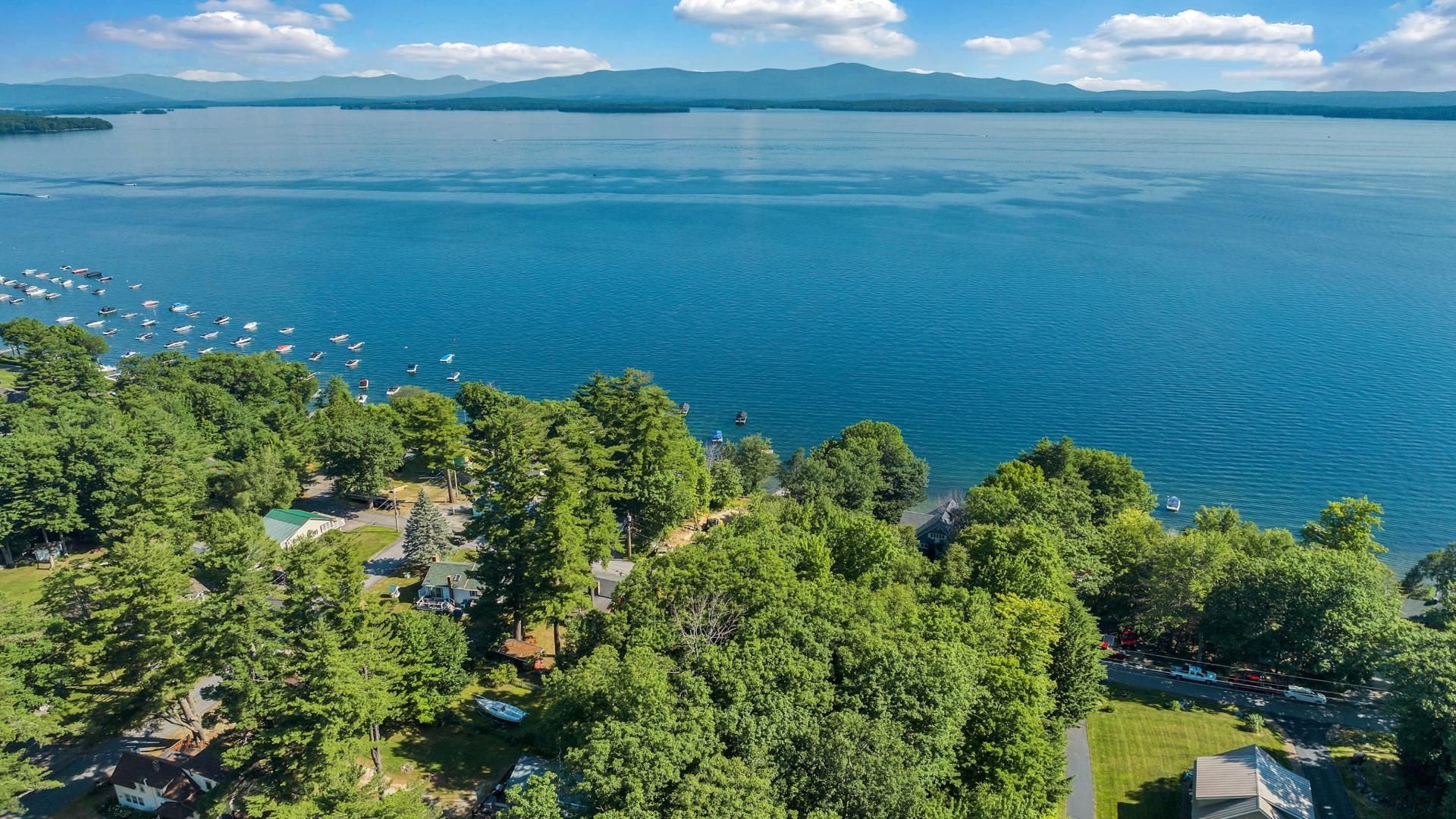
Navigating the regulatory landscape for STRs in New Hampshire can be challenging. Certain state regulations exist, the requirements vary significantly between municipalities. This patchwork of rules confuses new and experienced rental property owners.
This guide clarifies New Hampshire Short Term Rental Regulations, helping property owners and managers understand statewide requirements and local ordinances. We cover what you need to operate legally and effectively in the Granite State, from tax obligations to zoning restrictions.
Understanding New Hampshire STR Regulations
To navigate the intricacies of short-term rental regulations in New Hampshire, it's crucial to understand that while state-level requirements exist, local ordinances play a pivotal role.
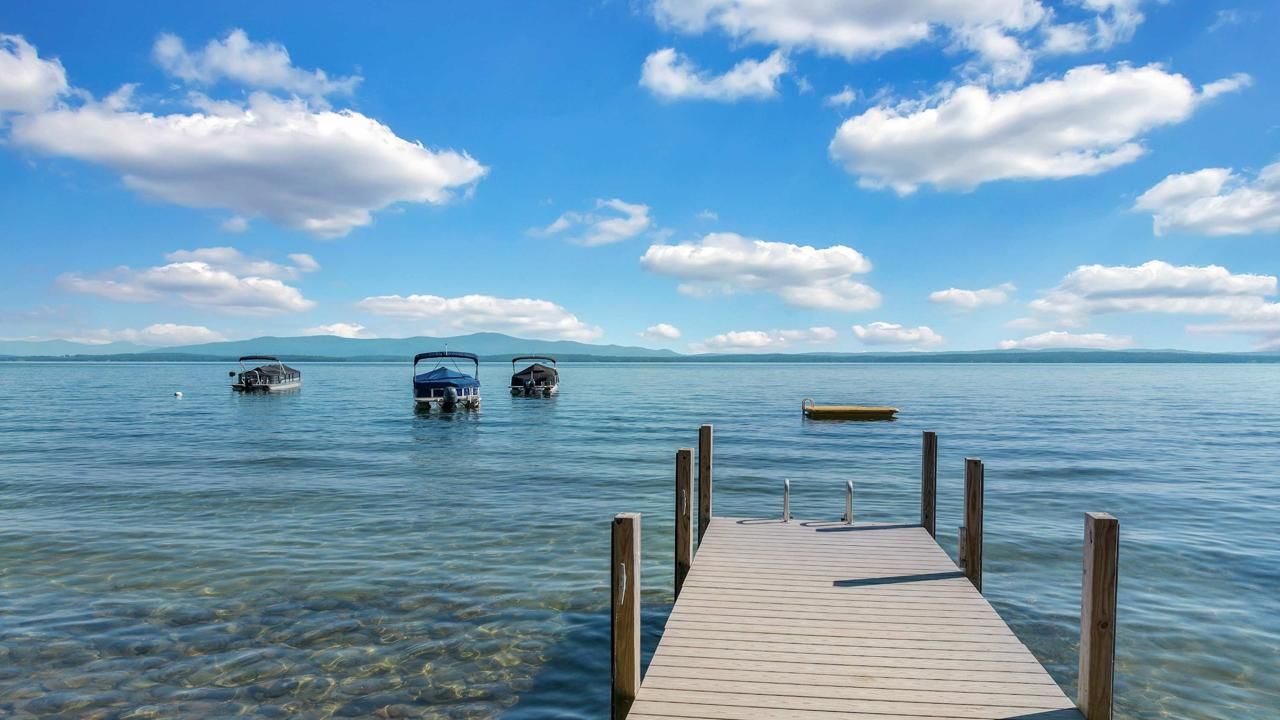
Key New Hampshire STR Rule: Meals and Rooms (M&R) Tax (RSA 78-A)
The main state-level regulation impacting short-term rentals in New Hampshire is the Meals and Rooms (M&R) Tax, governed by New Hampshire Revised Statutes Annotated (RSA) 78-A. This tax applies to operators of hotels, motels, bed and breakfasts, and short-term rentals throughout the state.
The M&R tax rate in New Hampshire is 8.5% of gross rental receipts. This tax applies to accommodations rented for less than 185 consecutive days to the same person. The property owner or designated operator or manager is responsible for collecting and remitting it.
All property owners renting accommodations, regardless of the number of properties or rental frequency, must register with the state for the M&R Tax. Unlike some states, New Hampshire has no minimum threshold of rental days or revenue to exempt certain operators.
Registering Your Airbnb with the NH Department of Revenue Administration (DRA)
Before renting your property on a short-term basis in New Hampshire, you must register with the New Hampshire Department of Revenue Administration (DRA) to obtain an M&R Tax License Number. This registration is required regardless of your property’s location in New Hampshire.
To register, property owners must complete and submit Form CD-3, "Application for Meals & Rentals Tax Operator's License," accessible through the NH DRA website. The application requires basic information about your business structure, property location, and contact details.
Once you register, you'll receive your license number, which must be renewed annually. Some online booking platforms require this number in your listing.
Collecting and Remitting the M&R Tax
As an STR operator in New Hampshire, you are required to:
- Collect the 8.5% M&R Tax from your guests, which is added to the rental fee.
- File regular tax returns with the NH DRA monthly.
- File by the due date, typically the 15th of the month following the collection period.
The DRA provides registered operators with the necessary forms and instructions for filing. Many file electronically through the NH DRA's online portal.
Some booking platforms like Airbnb automatically collect and remit this tax for hosts in New Hampshire; others do not. Property owners should verify whether their chosen platform handles tax collection or if they need to manage this on their own.
Other Statewide Considerations
Unlike some states, New Hampshire doesn’t have a uniform statewide STR operational permit or licensing system beyond the M&R Tax registration. However, state laws regarding property safety apply to all rental properties, including:
- Compliance with the New Hampshire State Fire Code
- Installation and maintenance of smoke and carbon monoxide detectors
- Meeting fundamental health and safety standards
While New Hampshire's landlord-tenant laws (RSA 540) generally apply to longer-term rentals rather than transient stays, some safety and habitability provisions are relevant to STR operators.
The Role of Local Regulations
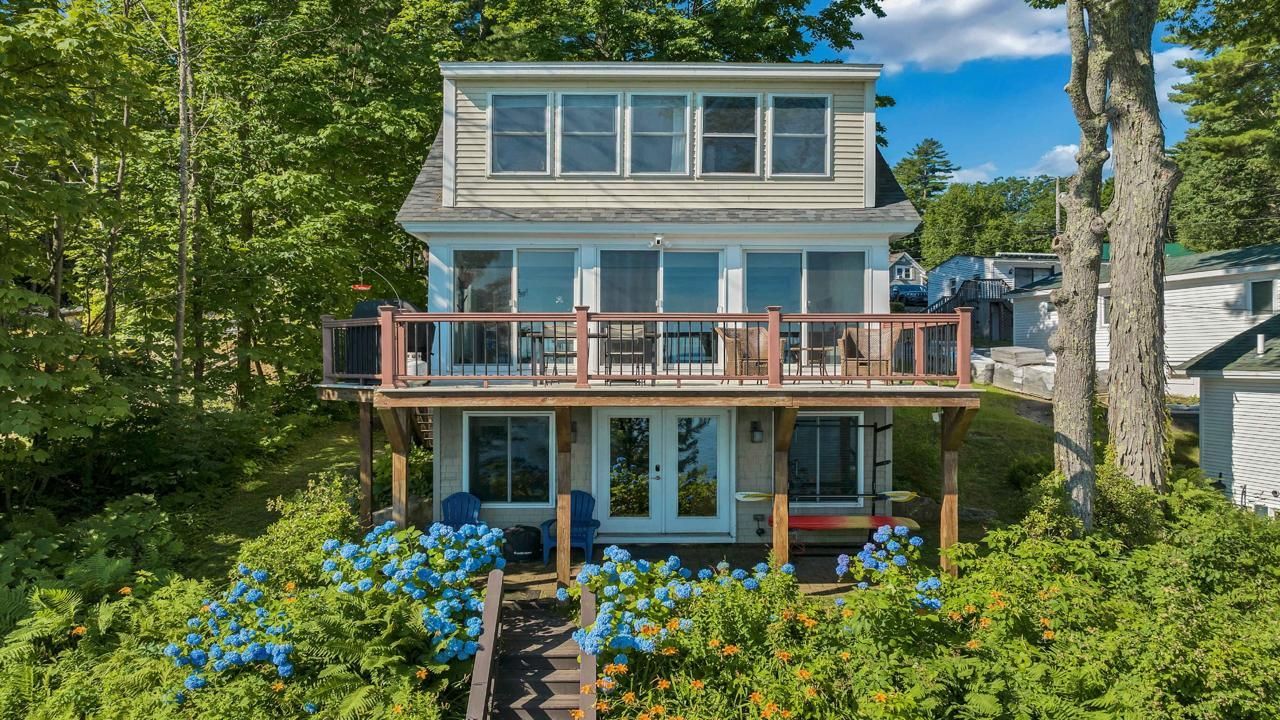
While the M&R Tax applies uniformly across New Hampshire, the rules for STRs are determined at the town or city level. The most important aspect for owners to understand is this local regulation.
New Hampshire follows a strong tradition of local control, giving municipalities significant authority to regulate land use, business operations, and housing standards. As a result, STR regulations vary dramatically between towns. What's permissible in one community might be heavily restricted or prohibited in a neighboring municipality.
This local regulatory authority means STR owners cannot rely solely on state requirements. You must research and comply with the specific rules of your property’s municipality. Not doing so can result in fines, penalties, and potentially being ordered to cease operations.
Local regulations can change over time as communities respond to growth in the STR market and balance the interests of tourists, property owners, and year-round residents. For operators in New Hampshire, staying current with local ordinances is a continuous responsibility.
Common Local New Hampshire STR Ordinances (with Examples)
Common local ordinances in New Hampshire governing short-term rentals often address aspects like zoning restrictions, registration requirements, safety standards (including fire safety and occupancy limits), and parking regulations. These local rules are in addition to state requirements such as the Meals and Rooms Tax.
Registration and Permitting
Many New Hampshire municipalities require STR operators to register their properties and obtain permits or licenses. These processes help local governments track rental properties, ensure compliance, and generate revenue through application fees.
Conway requires STR operators to register their properties annually and obtain a Short-Term Rental Permit, which involves a fee, proof of insurance, and compliance documentation. In contrast, Laconia has a simpler notification requirement for STR operators to register their property information with the city planning department.
The registration process, fees, and renewal requirements vary widely across New Hampshire's cities and towns. Some municipalities charge nominal registration fees, while others require substantial permit fees reaching several hundred dollars.
Zoning Restrictions
Local zoning ordinances determine where STRs are permitted, affecting your ability to legally operate an STR at your property.
In Portsmouth, the zoning ordinance allows STRs only in certain mixed-use or business districts. Short-term rentals in residential districts are prohibited unless they qualify under specific exceptions. Meanwhile, Lincoln has established more permissive zoning that allows STRs in most residential districts, reflecting the town's tourism-focused economy.
Some municipalities impose owner-occupancy requirements, stipulating that the property owner must live on-site or use it as their primary residence for a certain portion of the year. Others distinguish between different types of STRs (such as hosted vs. non-hosted rentals) and apply different regulations to each.
Safety and Health Requirements
Local safety and health requirements often exceed state standards and include specific inspection procedures for STRs.
Before issuing an STR permit, the local fire department mandates a safety inspection in North Conway, within Conway. This inspection verifies smoke and carbon monoxide detectors, checks egress paths, and ensures compliance with occupancy limits based on the property's size.
Meredith requires STR operators to submit documentation verifying their septic systems are adequately sized for the proposed maximum occupancy, particularly for properties near Lake Winnipesaukee and other water bodies.
Occupancy Limits
Many New Hampshire towns set maximum occupancy limits for STRs to prevent overcrowding and reduce impact on neighbors and infrastructure.
In Bartlett, ordinances limit occupancy to two persons per bedroom plus two additional guests. Therefore, a three-bedroom rental is limited to a maximum of eight. Meanwhile, Jackson calculates limits based on bedroom count and the property's septic system capacity, whichever is more limiting.
The permitting process and property inspections enforce occupancy restrictions, with violations leading to penalties or permit cancellation.
Parking Requirements
A common concern in local STR regulations is adequate off-street parking, particularly in areas with limited or problematic on-street parking during busy tourist seasons.
Wolfeboro requires STR operators to provide one off-street parking space per bedroom. Properties that cannot meet this requirement may face restrictions on the number of advertised bedrooms or total guests allowed.
North Conway's regulations require all guest vehicles to be accommodated on the rental property, with no street parking for STR guests.
Nuisance Rules (Noise, Trash)
Many municipalities establish rules addressing noise, trash disposal, and other nuisances associated with vacation rentals to reduce impacts on neighborhoods.
Keene has implemented quiet hours from 10 PM to 7 AM for all STRs, prohibiting amplified sound outdoors during these hours. Hosts must provide guests with written information about these restrictions.
In Hampton Beach, where tourism peaks in summer, STR regulations include strict trash management requirements. These specify collection days and methods and mandate clean exterior premises.
Potential Caps or Density Limits
Some New Hampshire communities have capped the total number of STRs allowed or established density limits to prevent vacation rental concentrations in specific neighborhoods.
Less common than other regulatory approaches, Hanover has considered density-based approaches to limit STRs to a certain percentage of housing units within defined areas. Recently, Littleton debated a cap on non-owner-occupied permits, but the final ordinance focused on registration and safety requirements.
How to Find Local STR Regulations
Navigating local STR regulations in New Hampshire requires diligence, and obtaining the necessary information is essential for legal operation.
Where to Look:
Municipal Website: Start with your town or city's official website. Look for Planning, Zoning, Code Enforcement, or Town Clerk sections. Many municipalities have dedicated short-term rental pages; you may need to search for "short-term rentals," "vacation rentals," or "transient lodging."
Town/City Clerk's Office: The clerk's office maintains official records of local ordinances and can provide copies or direct you to the relevant department.
Planning or Zoning Department: These departments oversee land use regulations and permitting. Staff provide guidance on STRs’ permit status and requirements for your property.
Review Meeting Minutes: Planning Board or Select Board meeting minutes provide valuable information about STR ordinance creation or recent changes, offering context for current rules.
Key questions for officials:
- Are STRs permitted at my property's address and zoning district?
- Do I need to register or obtain a permit? What is the application process, timeline, and fee?
- Are there specific safety inspection requirements before operation?
- What are the rules for maximum occupancy, parking, noise, and trash disposal?
- Are there owner-occupancy requirements or limitations on the number of rental days each year?
- Are there pending regulatory changes that could affect my operation?
Key Compliance Steps Summarized
Follow these steps to operate a legal short-term rental in New Hampshire:
- Register for M&R Tax: Complete Form CD-3, obtain your tax license through the NH DRA, and establish a system for collecting and remitting the 8.5% tax.
- Identify Local Rules: Research your town/city ordinances regarding STRs through municipal websites or direct contact with officials.
- Obtain Local Permits: Apply for and maintain required local registrations or permits, completing necessary inspections and paperwork.
- Ensure Property Safety: Install required smoke and carbon monoxide detectors, maintain clear egress paths, and comply with state and local safety codes.
- Adhere to Operational Rules: Follow local regulations on occupancy limits, parking, quiet hours, and waste management.
- Display Required Information: Keep your M&R Tax license number and local permits accessible, and provide guests with information about rules and emergency contacts.
Non-Compliance
Operating an STR in New Hampshire without complying with regulations carries significant risks. Property owners who fail to register for the M&R Tax or neglect to remit collected taxes face penalties, including fines up to 10% of the tax due plus interest, and potential criminal charges for willful non-compliance.
Municipalities have various enforcement mechanisms for STR violations, including financial penalties starting at several hundred dollars per day, cease and desist orders to halt operations, and permit or license revocation.
Non-compliance can hinder future permit acquisition, as many municipalities track violations beyond immediate consequences. Operating without proper permits or tax registration could trigger insurance coverage issues if incidents occur at your property.
Proactive compliance is less costly and stressful than dealing with enforcement actions later.
Navigating Complexity: Is Professional Help Right for You?
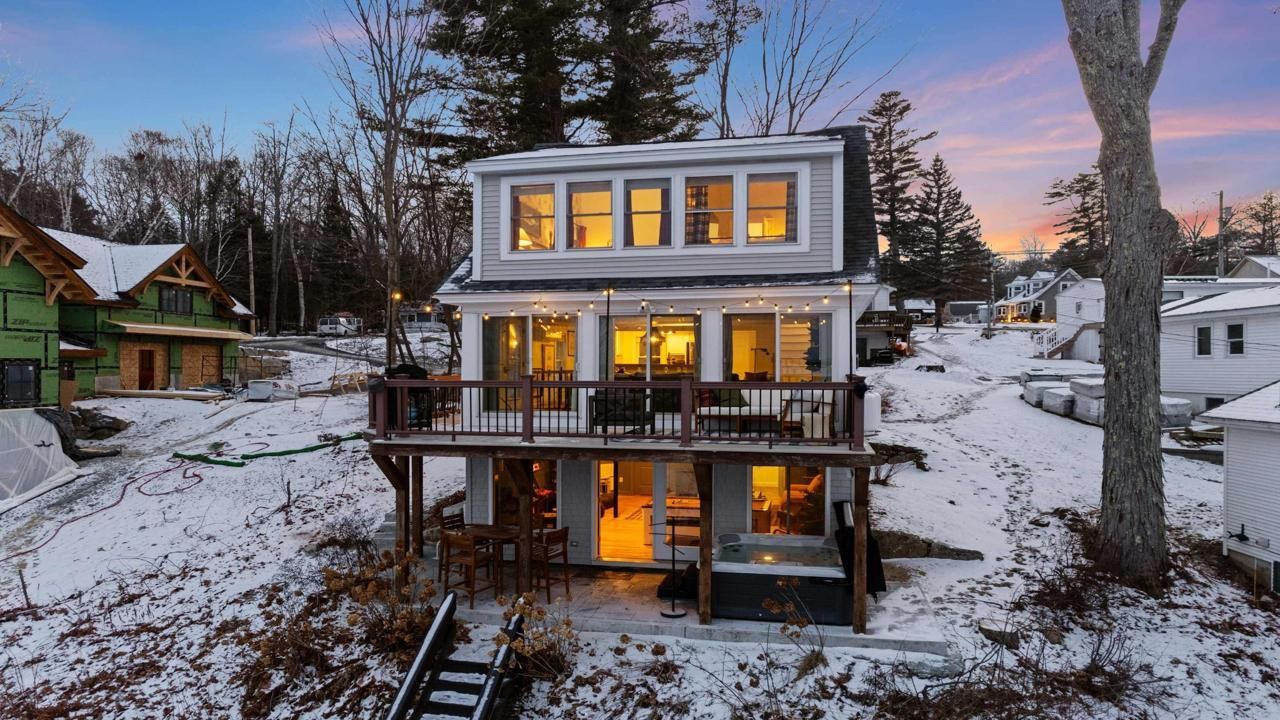
Staying current with New Hampshire Short Term Rental Regulations, especially local rules, requires ongoing attention. For many property owners, the time commitment for research, understanding legal requirements, managing paperwork, and ensuring compliance can be significant.
For property owners seeking assurance and ensuring their luxury rental operates smoothly and profitably, partnering with an experienced property manager is invaluable.Home Team Luxury Rentals specializes in full-service vacation management across the U.S. Airbnb Superhosts Michael and Jill Elefante and Elliott Caldwell founded the company. Based in Clearwater, Florida, their nationwide reach, managing over 300 high-end properties, gives them experience navigating diverse regulatory landscapes, ensuring consistent quality and 5-star hospitality. They offer comprehensive services designed to maximize cash flow and ROI for owners while handling the day-to-day complexities.
Professional management companies stay updated on regulatory changes, handle tax collection and remittance, manage guest communications about local rules, and coordinate inspections or permit renewals. This approach ensures compliance, frees up owner time, and enhances property revenue through optimized pricing and marketing strategies.
Conclusion
To operate a successful short-term rental in New Hampshire, property owners must understand and comply with statewide requirements primarily the Meals and Rooms Tax and variable local ordinances governing STRs in each municipality. This dual layer of regulation creates a complex landscape that demands attention from property owners.
The variation in local STR ordinances across New Hampshire reflects each community's unique characteristics and concerns. Each municipality, from tourist-friendly towns in the White Mountains to historic seacoast communities, has developed regulations that balance tourism benefits with community needs. There is no universal approach to compliance in the Granite State.
Operating a compliant and profitable short-term rental in New Hampshire is achievable with proper research, adherence to regulatory requirements, and assistance from experienced property management professionals in New Hampshire. By understanding and following state and local regulations, property owners can contribute positively to New Hampshire's tourism economy while avoiding expensive compliance issues.
Disclaimer: This article provides general educational information and does not constitute legal or financial advice. Regulations can change, and interpretations may vary. Consult a qualified New Hampshire attorney, financial advisor, or local municipal officials for specific advice.
